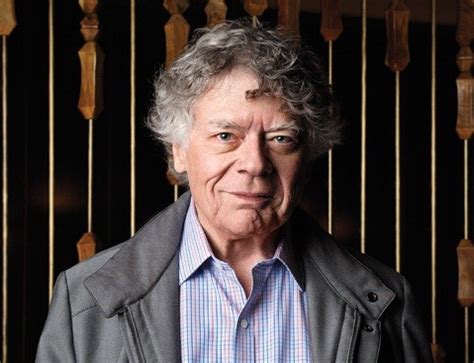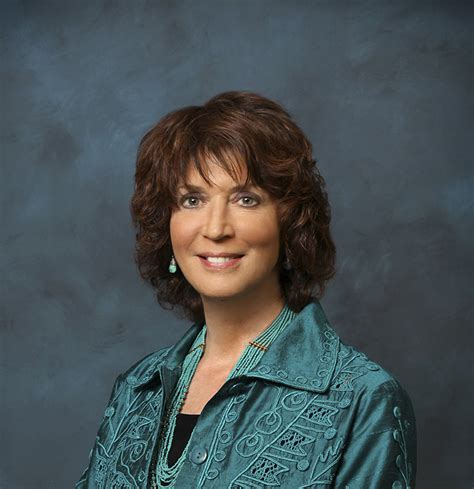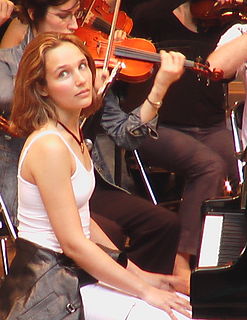A Quote by Gordon Getty
I feel that I belong to the 19th century. Some composers' music is very topical. It almost says, 'This is about what I read in newspapers yesterday.' Not mine.
Related Quotes
Is there a gender gap in the music industry? It is true that there are more professional male music creators than female. For some reason, it's taking a lot longer in music than in literature and the visual arts to reach equilibrium. It was almost acceptable by the 19th century for female writers to be published, yet it's only in the last couple of decades, since about 1980, that historical female composers have really emerged.
There is not one particular moment that can account for the shift from the social issue concerns of 19th-century evangelicals into the state of American evangelicalism today. Some historical moments are telling. The rise of biblical criticism in the 19th century forced evangelicals to make choices about what they believed about the gospel.
The Anglo-American tradition is much more linear than the European tradition. If you think about writers like Borges, Calvino, Perec or Marquez, they're not bound in the same sort of way. They don't come out of the classic 19th-century novel, which is where all the problems start. 19th-century novels are fabulous and we should all read them, but we shouldn't write them.
In the beginning of the 19th century, maybe forty percent of women and fifty percent of men could produce a signature, which meant that they'd had at least three years of education because it was in third grade that people started penmanship in the 19th century. And of course black people could get killed if they got caught teaching themselves to read in some parts of the country.
































